Resveratrol is a polyphenol, a natural chemical compound, found in grapes, red wine and other foods and drinks. Resveratrol has a favorable action on different types of health problems, also working against cell aging.
The miraculous antioxidant resveratrol has the ability to protect against cardiovascular diseases and provide longevity. What's unique here is that unlike some other antioxidants, plants produce resveratrol only as a shield against fungal and bacterial attacks. This means that resveratrol is a natural antibiotic synthesized by grapes.
Take note, for the more fungi and bacteria that the plant is exposed to, the greater the amounts of resveratrol it will produce. This means that if the grapevines are constantly sprayed with pesticides, the quantities of resveratrol in the grapes will be lower.
Benefits of Resveratrol
There is no other known substance to show as many potential therapeutic, preventive and quality of life improving properties as resveratrol.
Resveratrol has strong antioxidant properties that protect against the formation of cancer cells. It possesses a unique action that does not allow for the occurrence of inflammatory processes in the body.
It is thanks to resveratrol that the consumption of red wine brings a series of health benefits to the body - lowers high blood pressure, lowers the risk of developing cardiovascular diseases, prevents the accumulation of free radicals and formation of dangerous cancer cells. Last but not least, resveratrol regulates caloric value, helping to burn calories and speed up weight loss.

Resveratrol lies at the heart of testing done on the so-called French paradox. The goal of this is for scientists to explain the low rate of cardiovascular problems and longevity of the French people, keeping in mind their consumption of red wines and high-fat diet. Some scientists believe that the quantity of resveratrol is too low to explain the French paradox. Because of this, they believe that not only resveratrol but the entire spectrum of polyphenols in red wine contribute to the observed effect.
Resveratrol is considered a natural antibiotic, it enhances the efficiency of mental activity and concentration. Resveratrol has the phenomenal ability to protect cells from nuclear radiation damage.
Another very interesting aspect of the properties of resveratrol is that it can extend the life cycle of some animal species. For example, a fish fed resveratrol lives a whole 59% longer than fish of the same species that are not fed with it. Obese mice live 31% longer and manage to avoid all of the diseases normally linked with obesity and aging.
Sources of Resveratrol
The best natural sources of resveratrol are red grapes and red wine, peanuts, grape juice, mulberries and some Chinese herbs. Despite the health benefits of resveratrol in red wine, it should be drink responsibly.
1 glass of red wine a day is enough to protect against heart problems. The best method of absorption of resveratrol is its entering the body through the oral mucosa. Keeping resveratrol in the mouth for a minute is enough for it to enter the blood plasma directly.
Analysis of 30 types of wine shows that the most resveratrol is contained in French red Bordeaux and the least in white Bordeaux. Other wines known to have higher quantities of resveratrol are Pinot Noir, Cabernet Sauvignon and Merlot. Oenologists claim that the geographical location is exceptionally important for the accumulation of resveratrol.
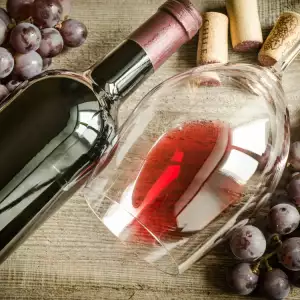
Dangers of Resveratrol
Resveratrol does not have side effects for the body but is not recommended for people who are allergic to wine or grapes or have problems with blood clotting. It should not be taken by women suffering from breast cancer, endometriosis or ones who are pregnant or breastfeeding.
It's possible for resveratrol to have a negative interaction with anticoagulants, blood pressure medications, antidepressants, cancer treatment pills, antifungal drugs, painkillers. Herbs such as St. John's wort and ginkgo biloba should not be taken with resveratrol.
One of the main problems of extracting resveratrol is the difficulty in removing the pesticides and other chemicals that are used to protect the grapes.
In 2014, we witnessed a substantial turnaround regarding the health benefits of resveratrol. According to kinesiologist Brendon Gurd, it may turn out that this antioxidant does not contribute as much to metabolism and cardiovascular functions as was thought. He carried out a study in which volunteers were subjected to physical exercises 3 times a week for a month. To half of the volunteers Gurd gave resveratrol supplements and to the rest - a placebo.
After the end of the 4 weeks, the volunteers were examined and it was found that there was no visible improvement in the physical condition in the group that took resveratrol. But what's more fascinating is that there was no observable positive effect on their health which usually accompanies regular physical exercise.
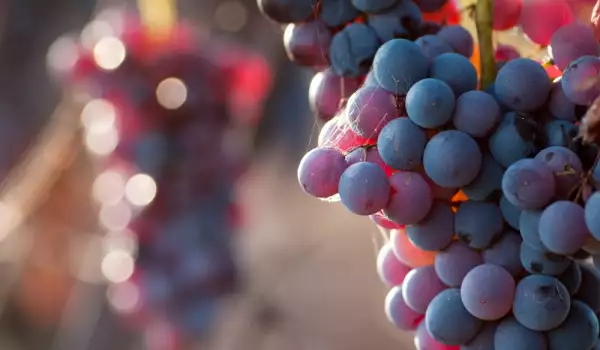
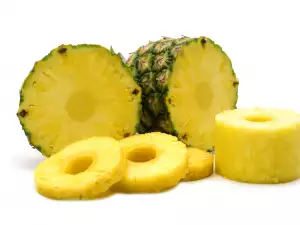
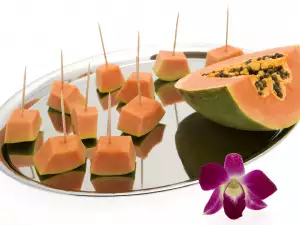
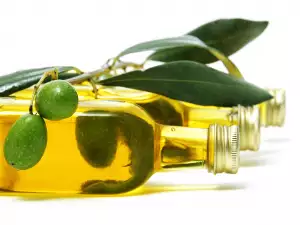
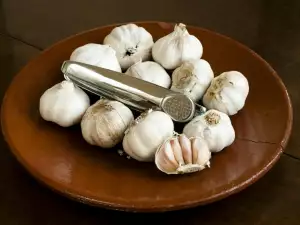
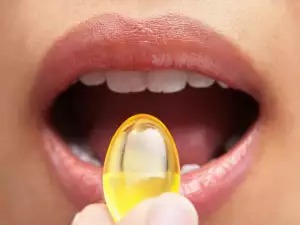

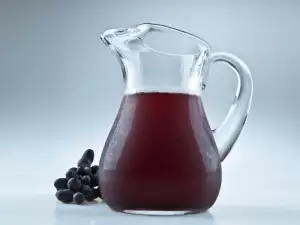
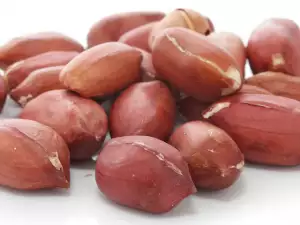

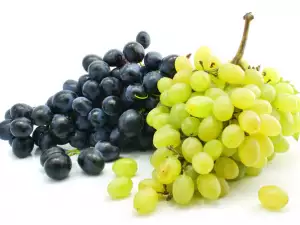


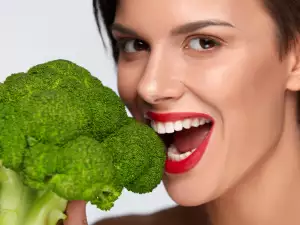
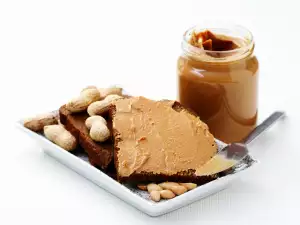
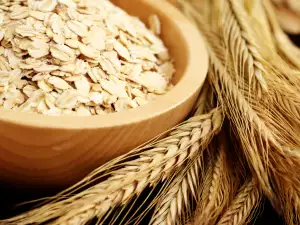
Comments